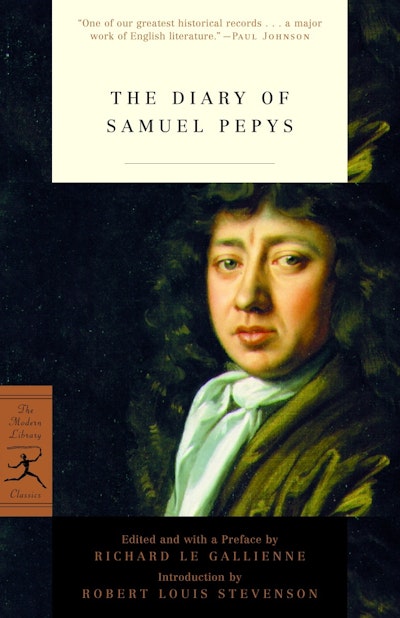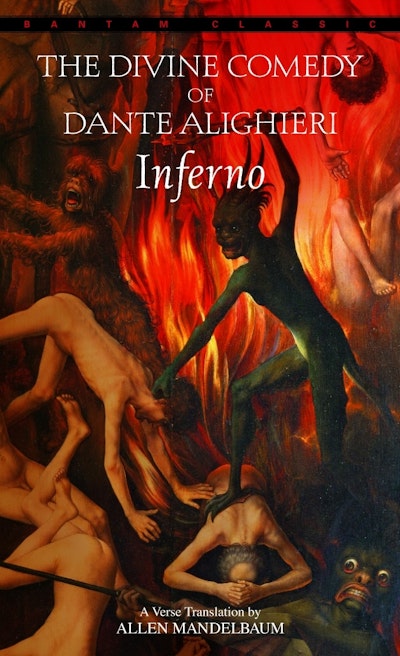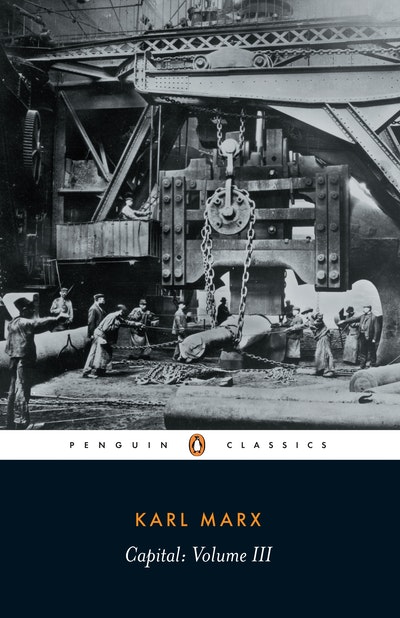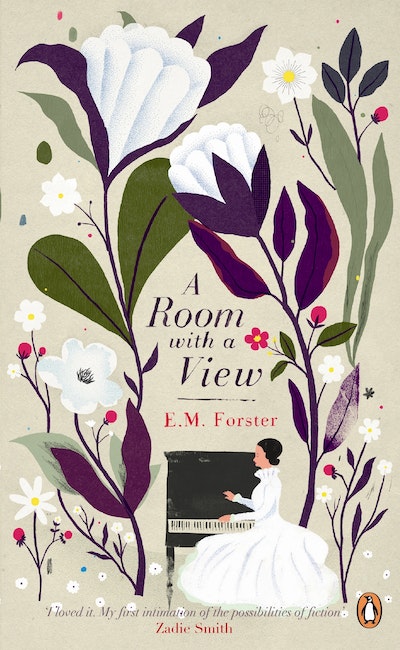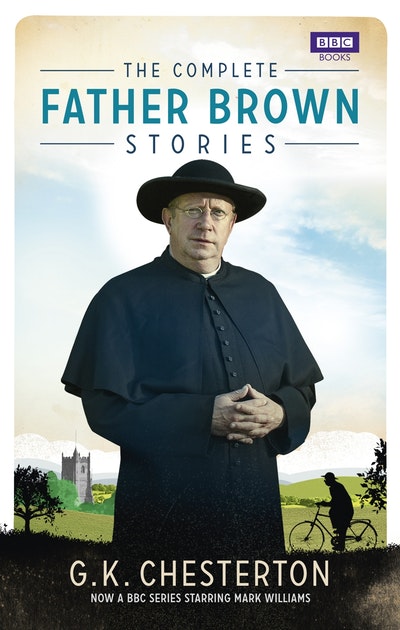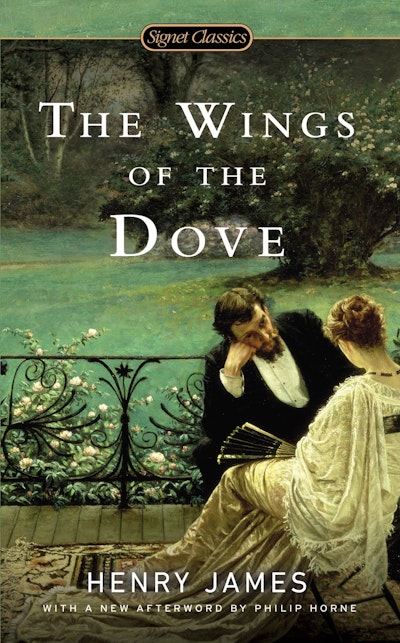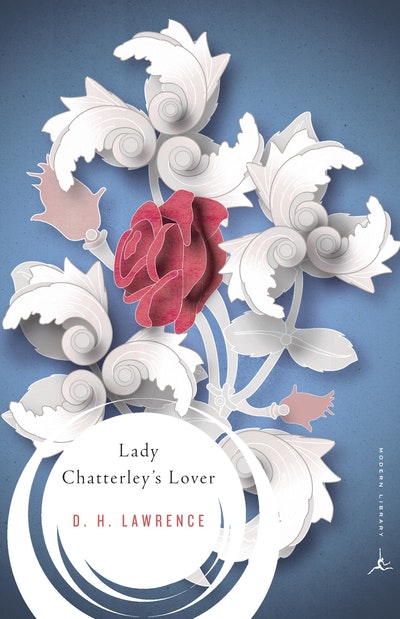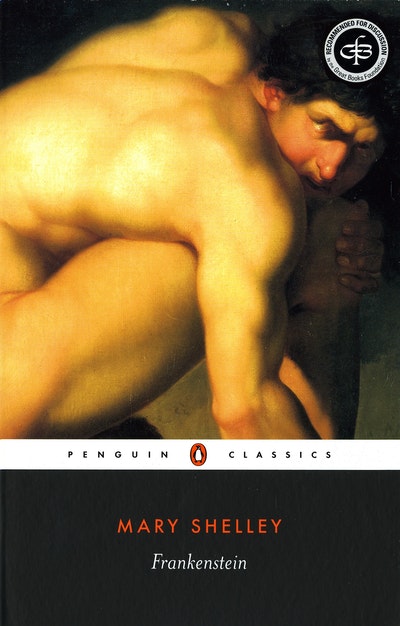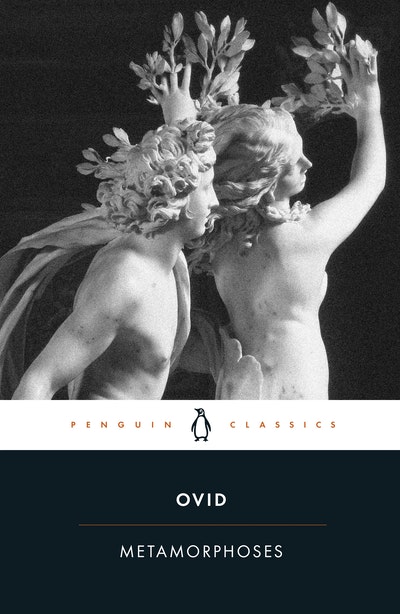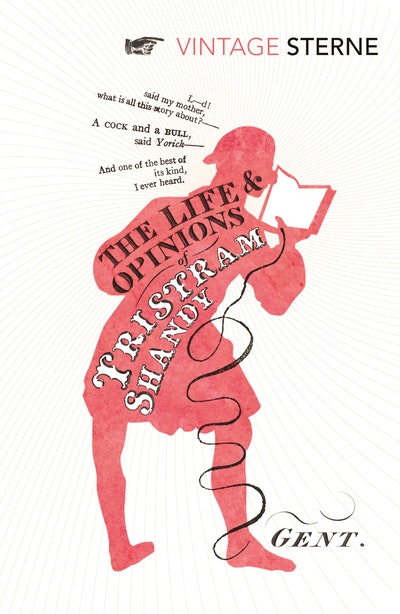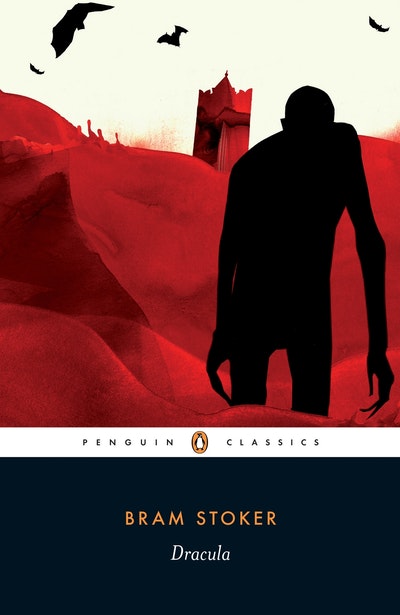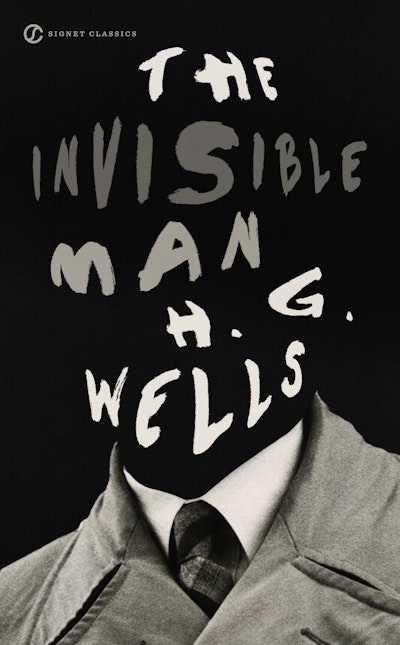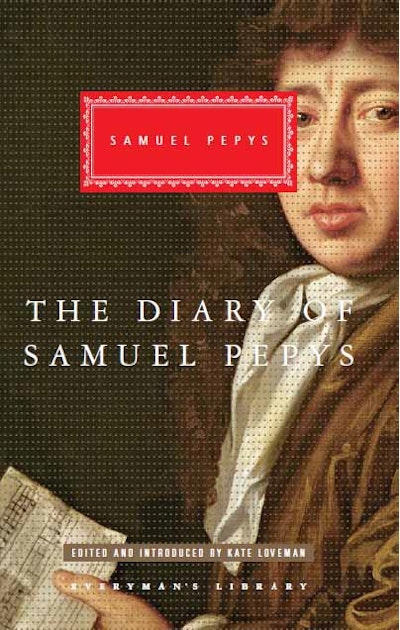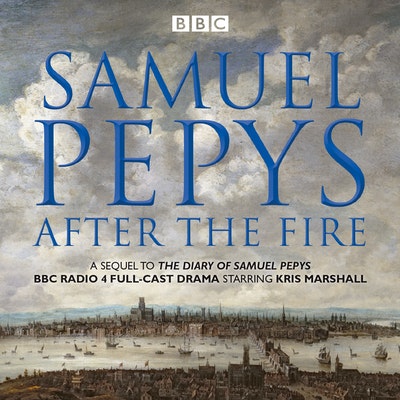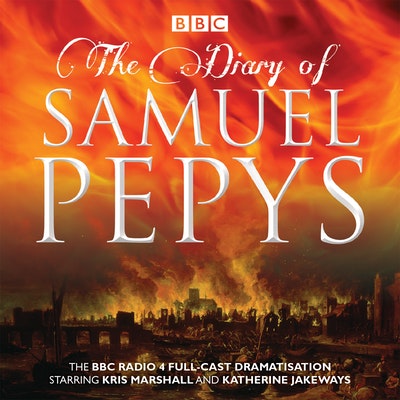- Published: 25 July 2012
- ISBN: 9780307824196
- Imprint: RH US eBook Adult
- Format: EBook
- Pages: 352
The Diary of Samuel Pepys: A Selection
Published to co-incide with the pbk of Claire Tomalin's Whitbread Prize-winning biography
The diary which Samuel Pepys kept from January 1660 to May 1669 ...is one of our greatest historical records and... a major work of English literature, writes the renowned historian Paul Johnson. A witness to the coronation of Charles II, the Great Plague of 1665, and the Great Fire of 1666, Pepys chronicled the events of his day. Originally written in a cryptic shorthand, Pepys's diary provides an astonishingly frank and diverting account of political intrigues and naval, church, and cultural affairs, as well as a quotidian journal of daily life in London during the Restoration.
In 1825, when Pepys's memoirs were first published, Francis Jeffrey of The Edinburgh Review declared, "We can scarcely say that we wish it a page shorter... it is very entertaining thus to be transported into the very heart of a time so long gone by; and to be admitted into the domestic intimacy, as well as the public councils of a man of great activity and circulation in the reign of Charles II." Edited and abridged by literary critic and author Richard Le Gallienne, this edition features an Introduction by Robert Louis Stevenson.
- Published: 25 July 2012
- ISBN: 9780307824196
- Imprint: RH US eBook Adult
- Format: EBook
- Pages: 352
Other books in the series
About the author
Samuel Pepys was born in London in 1633, the son of a tailor. He was educated at St. Paul's School, London, and Magdalene College, Cambridge. In 1655 he married and in the following year entered the household of his cousin Admiral Edward Montagu. In 1660 he became the Clerk of the Acts to the Navy Board (the same year in which he began his diary). In 1669, the year in which he closed his diary, his wife died. In 1672 he was appointed Secretary to the Admiralty, an appointment he held with one interruption of four years at the end of Charles II's reign until the Glorious Revolution when he retired from public life.
As well as being one of the most important civil servants of his age, he was a widely cultivated man, taking a learned interest in books, music, the theatre, and science. He was elected a fellow of the Royal Society in 1684 and later served as President. He died childless in 1703. His contemporary John Evelyn remembered him as 'universally beloved, hospitable, generous, learned in many things'.
